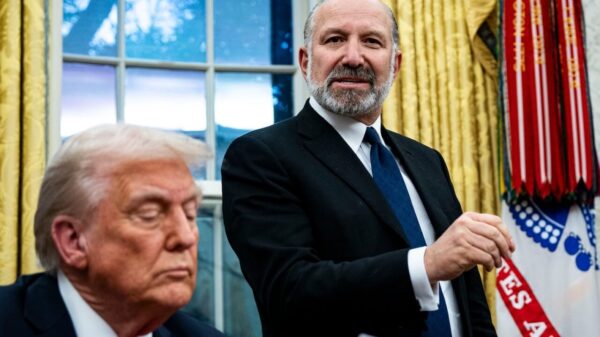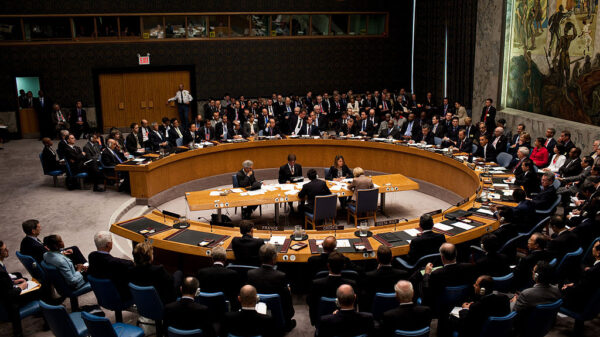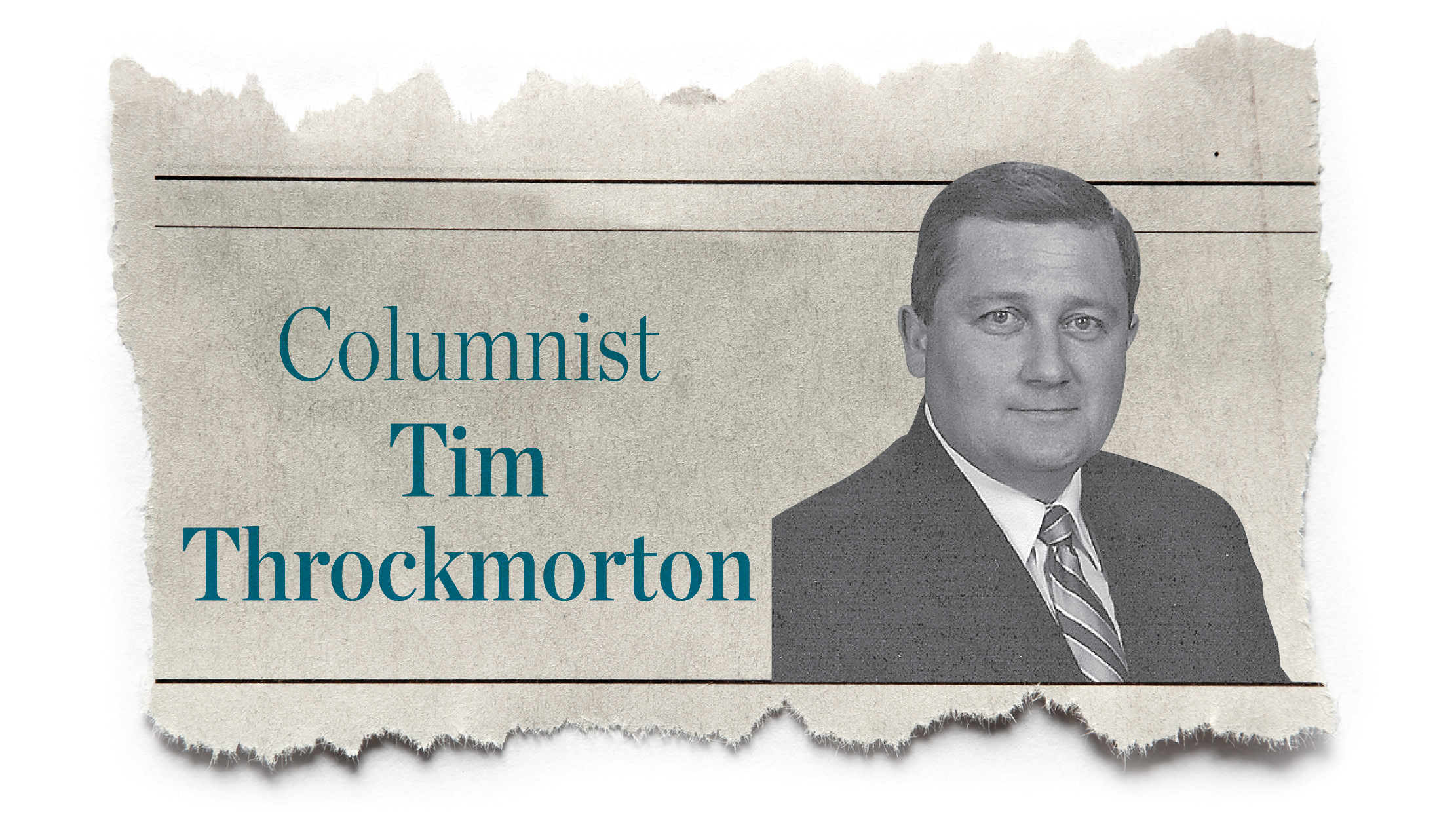In a profound exploration of language and its impact, the legacy of philosopher Blaise Pascal underscores the critical nature of words. His assertion that “words differently arranged have a different meaning” highlights the power of language in shaping thoughts and influencing lives. As we navigate our interactions, it becomes clear that the words we choose carry significant weight, reflecting the essence of our lives and the relationships we foster.
The Variability of Language
Language varies dramatically across regions, illustrating its rich diversity. For instance, a drinking fountain is referred to as a “bubbler” in Wisconsin, while in Tennessee and Kentucky, a “dry-land fish” refers to an edible mushroom. Such regional variations reveal not only cultural differences but also the personal experiences that shape our understanding of language. The Dictionary of American Regional English notes that of the over 800,000 words in the English language, approximately 300,000 are technical terms. The average individual knows around 10,000 words, using about 5,000 in everyday conversations, while journalists typically possess a vocabulary of around 15,000 words.
The importance of words is further illustrated through anecdotes, such as the story of professional golfer Tommy Bolt. During a game in Los Angeles, Bolt instructed his caddy to remain silent. When faced with a challenging shot, Bolt sought the caddy’s advice, only to discover that he had not played his own ball. This incident serves as a reminder that words can lead to meaningful insights or significant misunderstandings.
The Creation of Meaning
Words have the power to create and define reality. In the biblical narrative, the act of creation is initiated through divine speech: “In the beginning, God created the heaven and the earth.” The repeated phrase “God said” emphasizes the transformative power of words, with each utterance bringing forth life and order. This foundational text highlights that when God speaks, tangible changes occur, reinforcing the idea that language is not merely a tool but a force that shapes our world.
Moreover, the last chapters of the book of John in the Bible illustrate the significance of faith through the written word. The text indicates that the accounts provided are intended to inspire belief in Jesus Christ, reinforcing the importance of the messages conveyed through scripture. The emphasis on personal relationship with the divine underscores the profound implications of how we engage with both our words and the words of God.
In a poignant exchange, writer Mark Twain challenges a businessman known for his ruthlessness. The businessman expressed his intent to travel to the Holy Land and publicly read the Ten Commandments from Mount Sinai. Twain’s response, suggesting the man stay home and embody those commandments instead, encapsulates the essence of living out one’s values through action rather than mere words.
Ultimately, the power of words lies not just in their arrangement but in their application. The challenge remains: do we allow the words we speak and those we receive to shape our lives positively? As we reflect on our conversations and the language we use, it is essential to consider the influence we can have on others through our words.
As Tim Throckmorton, president of Lifepointe Ministries, aptly suggests, the question is not merely whether we possess a way with words but whether God’s word holds sway over us. In an age where communication is more vital than ever, embracing the significance of our language can lead to meaningful connections and a deeper understanding of ourselves and those around us.



































































